In the labyrinth of financial management for small businesses, tax compliance stands out as both a necessity and a potential minefield. As a small business owner, you may find yourself wearing multiple hats—entrepreneur, marketer, and even accountant. Yet when it comes to ensuring that your business meets its tax obligations, the expertise of a Chief Financial Officer (CFO) can be invaluable. In this article, we will explore the critical role a CFO plays in navigating tax compliance and how their strategic insight can help your business thrive.
Understanding the CFO’s Role in Tax Compliance
A CFO is not simply a number cruncher; they are a strategic partner who helps align financial goals with the overall business strategy. Their role encompasses not only financial reporting but also ensuring compliance with tax laws, which can be complex and ever-changing.
Expertise in Tax Legislation
Staying updated with current tax laws is crucial for any business. A CFO brings a wealth of knowledge, enabling them to:
- Monitor tax legislation changes that may affect the business.
- Advise on tax-saving opportunities and potential risks associated with non-compliance.
As one seasoned CFO put it:
“Navigating tax compliance is not just about following the law—it’s about leveraging the law to benefit your business. Understanding nuances can lead to significant savings.”
Implementing Robust Tax Strategies
A CFO can craft a tax strategy tailored to the business’s specific needs and objectives, including:
- Utilizing tax credits and incentives: For small businesses, especially startups, identifying available tax credits can have a significant impact on cash flow.
- Planning for future tax liabilities: CFOs can help forecast tax liabilities based on anticipated revenues and expenses, ensuring businesses are prepared.
Streamlining Tax Reporting Processes
A CFO ensures that tax reporting processes are efficient, minimizing errors that could lead to audits. By implementing ongoing accounting practices and employing technology solutions, they can:
- Regularly reconcile financial records, keeping tax-related documents organized and up to date.
- Prepare for quarterly and annual tax return filings, ensuring compliance deadlines are met.
As one entrepreneur shared:
“Having a CFO transformed how we approached tax filings. We went from stressed out on April 15 to smoothly filing on time, every time.”
Advantages for Small Businesses
The advantages of employing a strategic CFO extend beyond compliance. Their leadership fosters growth and sustainability through:
- Better Financial Decision-Making: With a CFO’s insight, small businesses can make informed decisions that enhance profitability and competitiveness.
- Enhanced Risk Management: CFOs help identify potential financial and compliance risks, crafting strategies to mitigate these dangers effectively.
Navigating the Complexity of Small Business Taxes
Tax compliance can be especially challenging for small businesses that often lack specialized accounting departments. A CFO plays a pivotal role in guiding businesses through common pitfalls, such as:
- Miscalculating Estimated Taxes: Failing to accurately estimate taxes can lead to penalties; a CFO can mitigate this risk by ensuring proper calculations and timely payments.
- Overlooking Filing Requirements: Each state and locality may have different requirements. A CFO keeps track of these obligations, preventing costly oversights.
Building Relationships with Tax Authorities
A CFO also serves as a liaison with tax authorities, helping establish a professional relationship that can be beneficial should any issues arise. In the event of an audit, a CFO can help navigate the complexities of an IRS inquiry, ensuring that necessary documentation and answers are prepared promptly.
Conclusion: Investing in Financial Leadership
For small business owners, the strategic role of a CFO is more than just financial oversight—it’s about building a foundation for long-term success. By bringing in a CFO, your business gains not only a financial expert but also a strategic partner who can help steer your company towards compliance, efficiency, and growth.
Interested in understanding how a CFO can transform your business’s financial health? Connect with Local Outsourced Accounting Department today to learn more.


